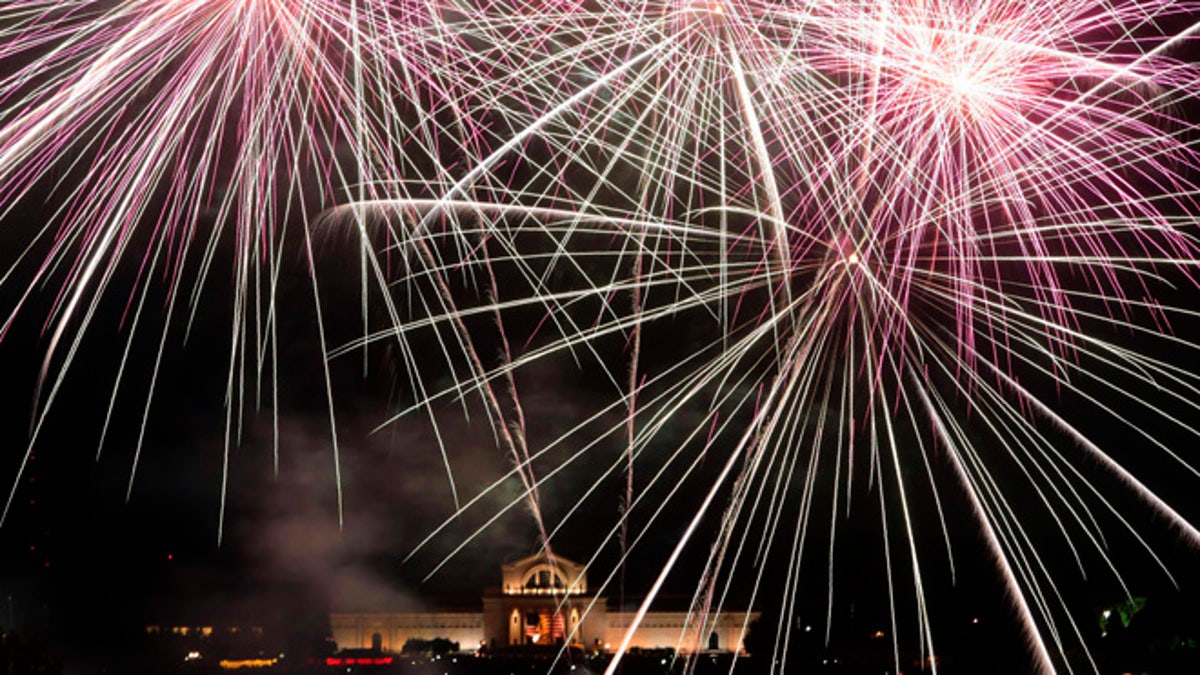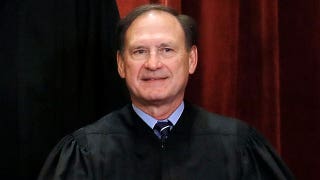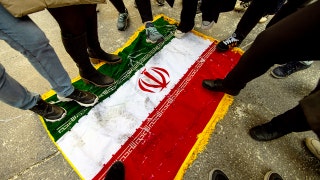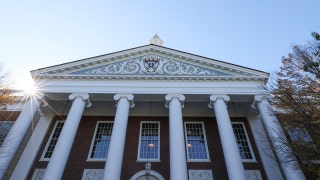
July 3, 2014: Fair St. Louis fireworks illuminate the sky in front of the St. Louis Art Museum. (AP/St. Louis Post-Dispatch)
When telling the story of America, we rightly recount how the founders of our country sought to be free from something. This Independence Day, perhaps we ought to also consider that we are the inheritors of a vision to be free to something.
The Pilgrims were not merely interested in being free from persecution by the King of England, they were eager to be free to practice their faith in peace.
When writing the Declaration of Independence, the Founders listed a litany of “injuries and usurpations” fromwhich the colonies sought to be free: dissolving legislatures, quartering soldiers in homes, taxation without representation, trial without jury, inciting insurrection, and other oppressive acts of King George.
But they also declared precisely what we are free to: “Life, Liberty, and the pursuit of Happiness,” to name an essential few.
Consider our Amish neighbors, a minority that wishes to be free to live a simple existence, raise their children, and act according to their faith. They are free from the government compelling them to abandon religious customs that appear strange to our modern eyes, and free to live according to their centuries-old religious belief.
Conscientious objectors in our country, though rare, seek the freedom to honor God with their conscience. They are free from the requirements of a military conscription that would require them to kill, but also free to obey their moral and religious tenets.
From the early colonists, to the Founding Fathers, to the diverse faiths of our neighbors—each benefit from a national commitment to religious liberty that tolerates the free exercise of religion by all peaceful Americans. This drive to provide freedom from oppression and freedom to exercise that faith created a heritage unique to the American experience from our founding as a nation.
Then as now, the world has nowhere else to turn in order to be both free from oppression and yet free to freely exercise religion. Today’s displaced religious minorities flock to our country’s shores in search of some country that remains committed to religious liberty.
They seek the “last asylum” spoken of by the Father of the American Revolution, Samuel Adams, a month after the signing of our Declaration of Independence: “Driven from every corner of the earth, freedom of thought and the right of private judgment in matters of conscience, direct their course to this happy country as their last asylum.”
Religious liberty in America sprouts from an unalienable, human right endowed to them by their Creator; it is a right to be free from a government that punishes any disagreement with the king’s religion and sets a people freeto exercise their faith fully, publicly, and openly.
The American commitment to liberty—and especially religious liberty—recognizes that freedom grows when none are required to hide who they really are in the free exercise of religion. We are less free when religion is banished from public, hidden from view, or treated with contempt.
As we celebrate our Independence on this Fourth of July, let us remember that our forefathers paid a high price for our liberty – not merely the right to be free from oppression, but to be free to speak openly, exercise our faith, and live our lives according to our most deeply cherished beliefs. That is liberty.








































